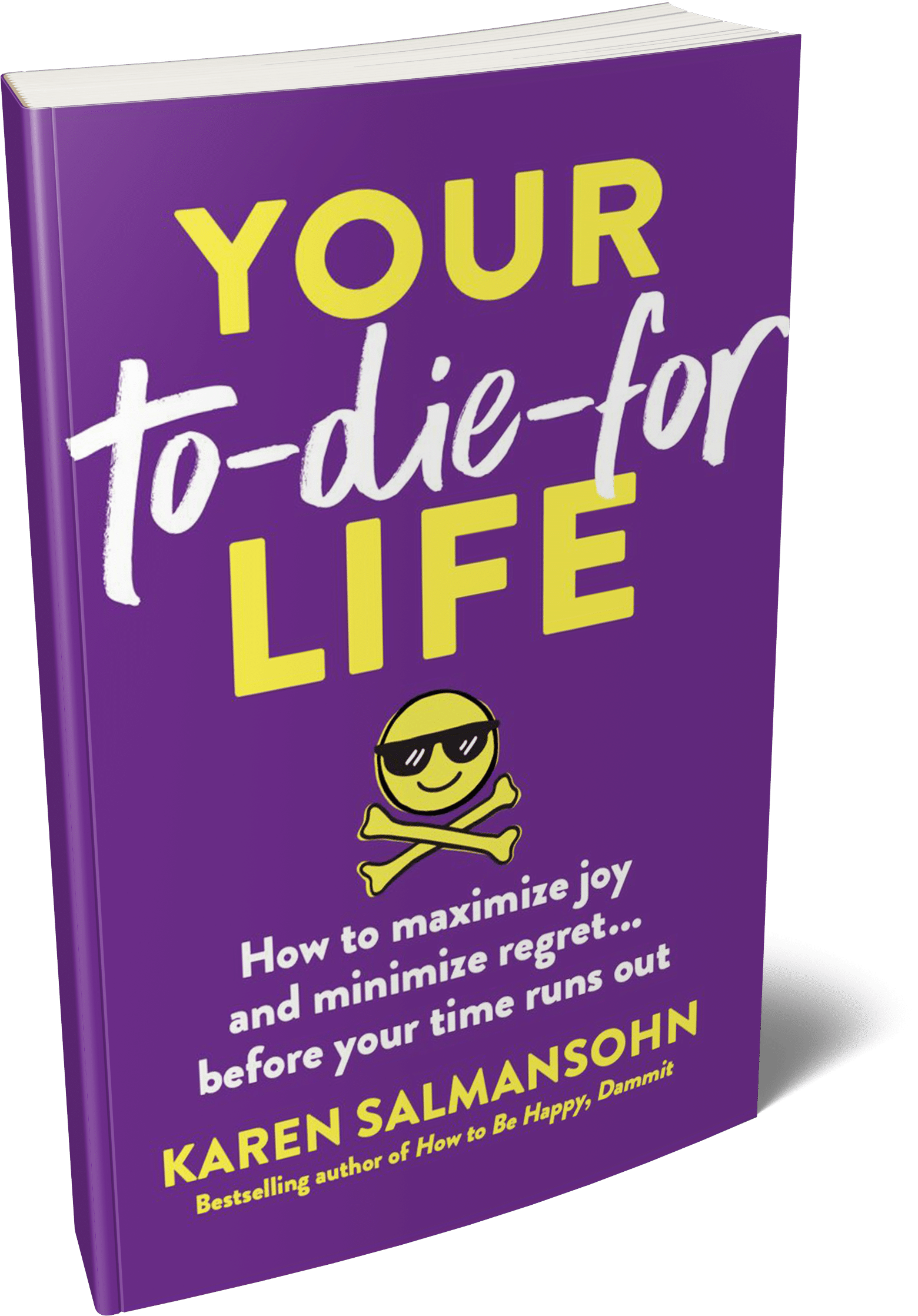
Get A Sneak Peek at my book “Your To-Die-For Life”!
Get a FREE sneak peek! Learn how to use Mortality Awareness as a wake up call to live more boldly.
 You were worried about a project, and then you just finished a packet of snacks in one go. Relatable?
You were worried about a project, and then you just finished a packet of snacks in one go. Relatable?
Well, for a fact, many people don’t eat every time because they are hungry. Rather, it can become their way to cope with stress, sadness, or even boredom. While occasional overeating happens to almost everyone, binge eating disorder (BED) is something much more serious.
Binge eating is one of the most common eating disorders in the United States, affecting millions of adults and teens. Yet it’s often misunderstood. Many assume it’s simply a lack of willpower. But in reality, this complex condition of overeating is tied to emotions and sometimes underlying mental health struggles.
If you or your loved ones are facing the same, then don’t fret! With expert guidance and the right strategies, recovery is possible. That said, here are some tips backed by professionals to help break the cycle and begin healing.
The first step in breaking free from binge eating is awareness. BED often hides in secrecy, but recognizing the signs makes it easier to seek help. Common signs include:
Also, you must understand what binge eating disorder is not. Many people blame themselves, thinking they simply lack self-control. In reality, BED is not a matter of willpower. It is a medical condition influenced by biological, psychological, and social factors.
In short, shifting the mindset away from shame toward compassion makes it easier to ask for help and start the journey toward recovery.
Recovery doesn’t happen in isolation. Surrounding yourself with supportive people, like friends, family, or peer groups, provides encouragement and accountability. Sometimes, just talking about the struggle reduces its power.
Equally important is professional support. Evidence-based therapies such as Cognitive Behavioral Therapy (CBT), Dialectical Behavior Therapy (DBT), and nutritional counseling are proven to help people manage binge eating disorder. These approaches go beyond stopping the behavior. Besides, they teach long-term skills, like:
Moreover, trusted centers like Prosperity Eating Disorders & Wellness Center combine these therapies with a holistic approach. Their programs don’t just address food. They also focus on the underlying emotions, thought patterns, and life skills that make recovery sustainable.
All in all, having this type of expert guidance in a safe, supportive environment can make the difference between temporary improvement and lasting change.
Along with therapies, experts often recommend journaling as a tool to identify binge eating triggers. Instead of focusing on calories or strict rules, keep track of when and why binges happen. For example:
A gentle journal, focused on patterns rather than judgment, can help highlight emotional or situational triggers. Over time, this awareness makes it easier to plan healthy coping strategies in advance.
Mindfulness is a powerful tool in recovery. Many therapists guide clients through mindful eating exercises that help reconnect the body and mind.
By turning meals into conscious experiences, people often reduce the urge to binge and rebuild a healthier relationship with food.
Recovery is rarely a straight line. Setbacks can and do happen, but that doesn’t erase the progress already made. Experts encourage focusing on small victories, like
Healing means progress over perfection. Each positive step forward is proof that change is possible. Self-compassion is just as important as therapy and treatment in building long-term resilience.
Binge eating disorder may feel overwhelming, but it is treatable. Recognizing the signs, seeking expert help, and practicing strategies like mindful eating, journaling, and therapy can slowly break the cycle. With the right guidance, individuals can replace guilt and secrecy with confidence and healthier habits.
Moreover, with professional support, recovery becomes not just possible—but sustainable. Healing begins with one brave step, and every small change brings you closer to freedom.
P.S. Before you zip off to your next Internet pit stop, check out these 2 game changers below - that could dramatically upscale your life.
1. Check Out My Book On Enjoying A Well-Lived Life: It’s called "Your To Die For Life: How to Maximize Joy and Minimize Regret Before Your Time Runs Out." Think of it as your life’s manual to cranking up the volume on joy, meaning, and connection. Learn more here.
2. Life Review Therapy - What if you could get a clear picture of where you are versus where you want to be, and find out exactly why you’re not there yet? That’s what Life Review Therapy is all about.. If you’re serious about transforming your life, let’s talk. Learn more HERE.
Think about subscribing for free weekly tools here.
No SPAM, ever! Read the Privacy Policy for more information.